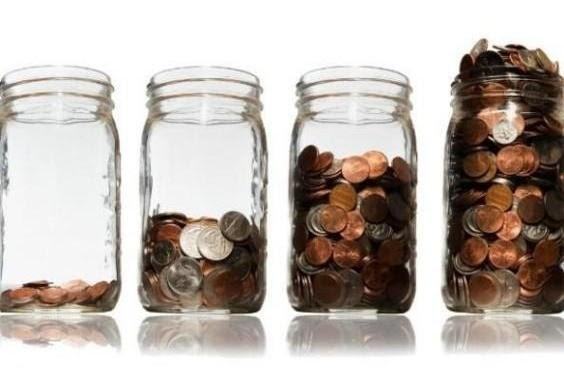When times are good it is easier to increase your dues than when times are tough. Asking people to pay more for dues or common charges when their work hours get cut back or a spouse loses their job is much harder. But what is an association to do in order to keep a balanced budget with increasing costs during an economic downturn? The answer is to increase your HOAs or Condo assessments before the next recession.

The economy goes up and down which is referred to at the business cycle. The US economy has been in the longest “up period” in history. Each day the probability increases that this reverses and we naturally begin the down period – the start of the next recession.
I was talking with a board member yesterday about their upcoming budget meeting. He mentioned that they have used reserve monies for projects and that their current budget was not covering their operating expenses. He said they were going to vote on a minimal increase to make the budget break even. I asked with your reserve study and the fact that you have used money from the reserve account to pay for projects how are you going to build your reserves back up? He said good question. I also warned that although they brought their budget to break even for current expenses that there was a good likelihood that some expenses may go up in the coming 12 months. How about raising your assessments to provide some cushion for increased expenses AND repay reserves. If you don’t use the cushion you have even more to put towards reserves.
My suggestion was if you need to increase dues, increase your HOAs or Condo assessments before the next recession. When the media starts saying we are in recession or owners start feeling the impacts they will be against any additional expenses. You will get less push back and you will prepare your community to weather an economic storm.
If this resonates with you and you want to learn more about preparing before a recession read our blog post: 6 Steps to Improve Your Condo and HOA’s Collection Practices Before the Next Recession.